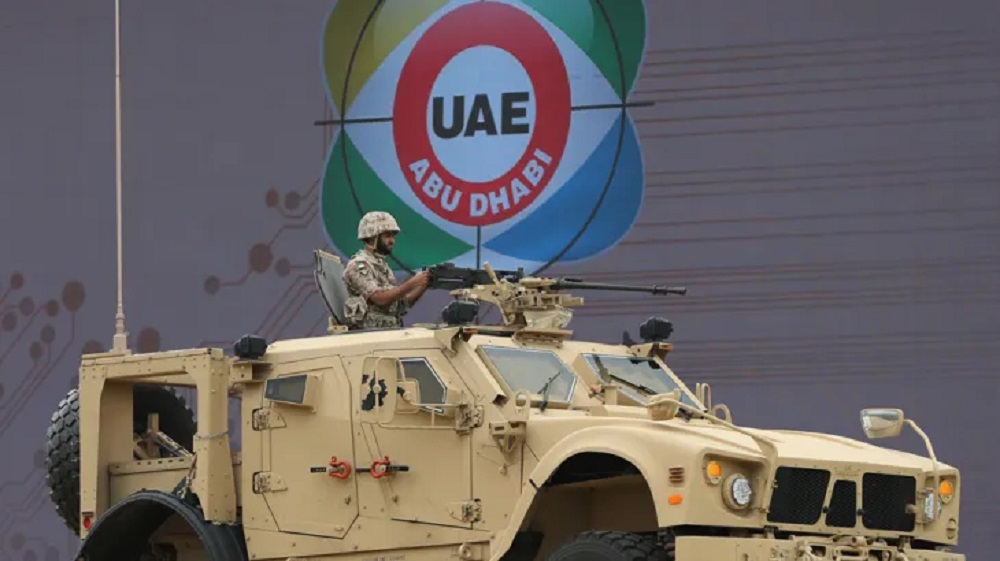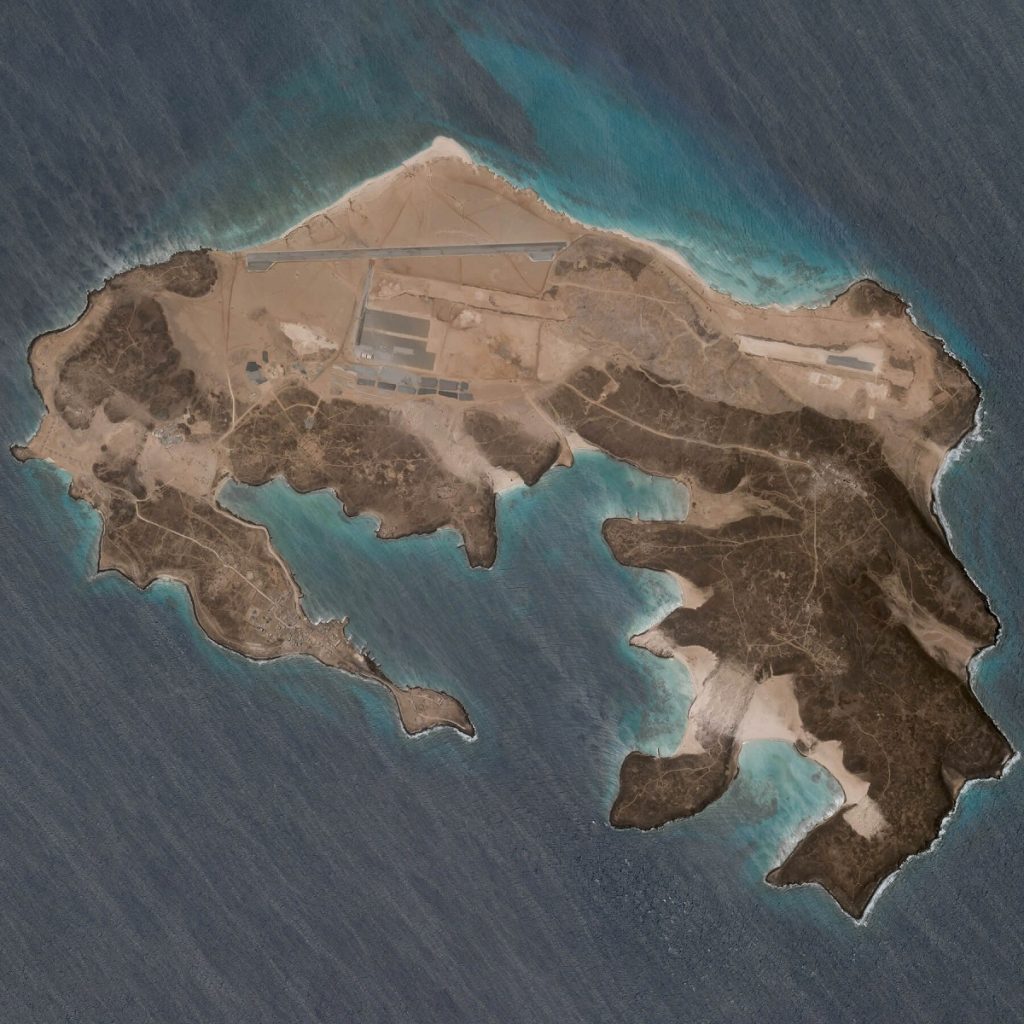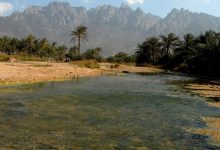UAE’s Growing Grip on Yemen’s Socotra: Military Expansion and Economic Domination
Amid rising public resistance, the UAE strengthens its control over Socotra through military bases, economic monopolies, and strategic infrastructure takeovers.

Watan-The Yemeni archipelago of Socotra is suffering from ongoing interference by the United Arab Emirates (UAE) and its allied militias. This comes amid Abu Dhabi’s increasing strategic maneuvers on the ground, strengthening its military and economic presence in the region.
UAE Takeover of Socotra Airport Sparks Protests
One of the most striking examples of this interference is the takeover of Socotra Airport by an Emirati holding company. This move has triggered tensions and led to an open-ended sit-in by airport workers who have categorically rejected the transfer of airport management to an Emirati company.
Since February 20, employees at Socotra International Airport have been protesting against the decision to hand over its administration to the Emirati company “Eastern Triangle.” According to Yemeni sources, the workers oppose this step, fearing that it will grant the Emirati firm full control, including the replacement of local employees with company-affiliated personnel. They see this as a violation of Yemeni civil aviation law and a threat to national sovereignty.
The lack of response from the Yemeni government has raised questions about its ability to address the situation, especially as public resentment toward Abu Dhabi grows amid rising prices due to Emirati company monopolies.

Military Base and Strategic Interests
Abu Dhabi has previously sought to invest in ports and airports in strategic areas around the Red Sea, highlighting its ambition to control maritime routes and expand its military footprint.
Under the leadership of Socotra’s governor, Raafat Al-Thaqali—who is affiliated with the UAE-backed Southern Transitional Council—the archipelago has become increasingly subject to Emirati projects. Many Yemenis view these initiatives as attempts to transform the island into an economic and military base for Abu Dhabi.
In February, a U.S.-based maritime website revealed that a previously undisclosed airport on Abd al-Kuri Island, part of the Socotra archipelago, is now fully operational. Satellite imagery from February 16 showed a large transport aircraft on the northern end of the airstrip, which was constructed to accommodate heavy aircraft.
Over the past few years, multiple international platforms, including Eikad, have reported the existence of an Emirati military base on Abd al-Kuri Island, featuring an airstrip and other facilities.
In September 2020, the U.S.-based South Front website, which specializes in military and strategic affairs, reported that Abu Dhabi and Israel were determined to establish military and intelligence facilities on Socotra Island.
Analysts suggest that the newly built airport has been designed to support a range of attack, reconnaissance, and heavy transport aircraft. Reports indicate that its infrastructure can withstand the weight of Boeing B-17 heavy transport aircraft, which are used by the U.S. military for transporting heavy equipment.
It is believed that the military airbase was developed with support from the UAE, the U.S., and Israel, positioning it as a forward operating base to counter the Houthis and control maritime trade routes from the Gulf of Aden to the Red Sea.

Popular Resistance on the Rise
Emirati activities in Socotra have fueled growing public discontent. In recent months, protests and public statements have emerged condemning Abu Dhabi’s interference. Many island residents believe the UAE is imposing full control over the archipelago at the expense of their sovereignty and right to manage their own affairs.
One of the most prominent forms of resistance has been protests against Emirati military bases and economic projects, which locals perceive as an attempt to seize the island’s resources.
UAE Monopoly on Fuel and Services
Emirati companies have nearly complete control over Socotra’s electricity and fuel sectors, enforcing strict price controls.
In recent weeks, fuel prices have surged for the second time in under two weeks. The price of a 20-liter gasoline container has now reached 44,000 Yemeni rials (about $20), while household gas cylinders are selling for 27,000 rials. These rates are approximately 40% higher than those in other Yemeni government-controlled provinces.
The UAE’s ADNOC company dominates the fuel market in Socotra, where the UAE-backed Southern Transitional Council has maintained military and administrative control since June 2020. The council advocates for the separation of southern Yemen from the north, and reports indicate that more than 100 Emirati soldiers have been stationed in Socotra since 2018.
Economic Pressures and Rising Costs
In parallel with its monopoly over fuel and electricity, Emirati companies have taken control of much of Socotra’s private sector, leading to price hikes on essential goods and services. Reports suggest that UAE-backed companies impose high prices on basic commodities, further straining the local population.
By leveraging economic hardships, Emirati firms are able to exert greater control over the island’s economy, using financial pressure as a means to secure political influence.

A Continued Power Play
The UAE’s involvement in Socotra spans military, economic, and strategic dimensions. From seizing control of key infrastructure, such as the airport, to economic monopolization, Abu Dhabi’s influence is reshaping the island’s future.
These developments have led to increasing tensions, as local residents resist efforts to transform their homeland into a military and economic hub for foreign interests.





